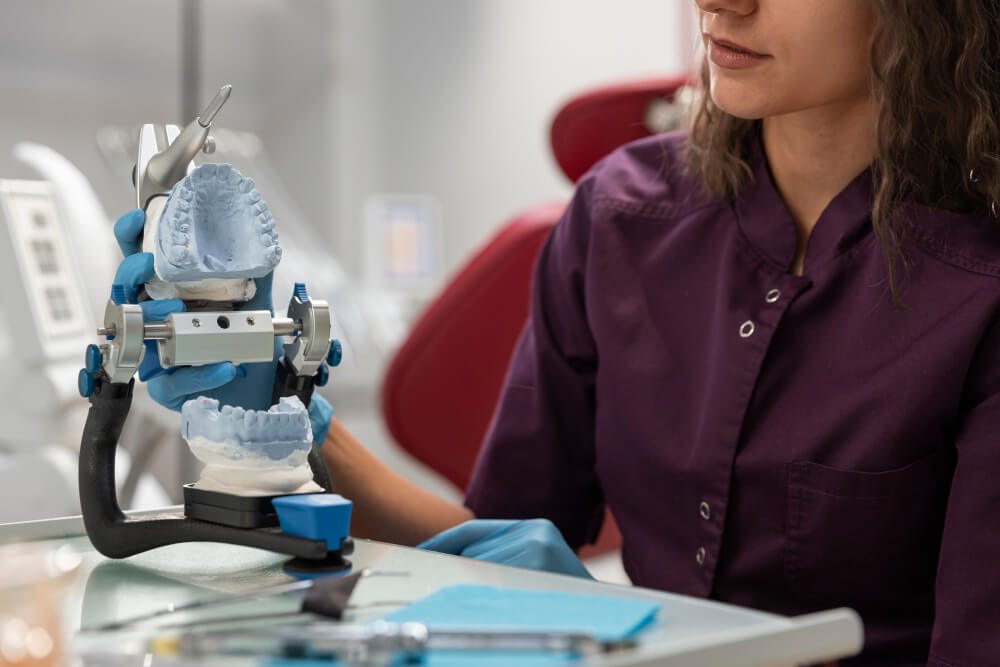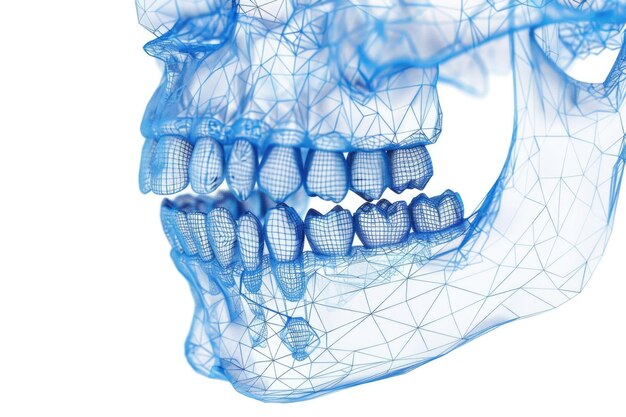Maintaining proper dental hygiene is essential for preventing tooth decay, gum disease, and other oral health problems that can lead to serious medical complications. Poor oral hygiene can contribute to issues such as bad breath, tooth loss, infections, and even conditions like heart disease and diabetes. For most people, brushing, flossing, and regular dental checkups are sufficient to maintain a healthy mouth, but for others, particularly those with limited dexterity, disabilities, or mobility challenges, maintaining independent dental hygiene can be far more difficult.
In today’s world, dental hygiene solutions go beyond just manual toothbrushes and traditional floss. Smart oral care technology, hands-free brushing devices, and professional dental cleaning tools have transformed the way people take care of their teeth. Innovative products such as Assisteeze have been developed to help individuals maintain oral hygiene independently, effectively, and conveniently.
This article will explore different dental hygiene solutions, including ways to maintain independent oral hygiene, how dental hygienists clean their own teeth, and tools that assist with daily dental care. Whether you are looking for solutions for yourself, a loved one, or a patient with special oral care needs, understanding the latest advancements in dental hygiene technology can make a significant difference in achieving better oral health.
Independent Dental Hygiene Solutions: Tools and Techniques for Self-Care
For many people, maintaining independent oral hygiene is as simple as brushing and flossing daily. However, for individuals with arthritis, mobility issues, cognitive impairments, or other physical challenges, using a standard toothbrush or floss can be difficult or even impossible. Fortunately, modern dental hygiene solutions offer innovative ways to help people clean their teeth independently without struggling with traditional tools.
One of the most effective independent dental hygiene solutions is the electric toothbrush. Unlike manual toothbrushes, which require precise hand movements and pressure control, electric toothbrushes use automatic bristle rotation or sonic vibrations to thoroughly clean teeth with minimal effort. Pressure sensors and timers also help users avoid over-brushing or under-brushing, ensuring a complete and safe cleaning process.
Another alternative to traditional brushing is the mouthpiece toothbrush, also known as a U-shaped toothbrush. These devices allow users to clean all their teeth at once using 360-degree bristles and ultrasonic technology. This is especially helpful for individuals who struggle with gripping a toothbrush or making repetitive motions.
For individuals who need hands-free or fully automated solutions, products like Assisteeze provide an independent oral care experience. Designed with micro-motorized cleaning technology, liquid dispensing systems, and automatic brushing algorithms, this toothbrush ensures optimal cleaning without requiring manual dexterity. Such adaptive dental hygiene tools are life-changing for people with limited mobility, paralysis, or neurological conditions.
For those who struggle with flossing, water flossers such as Waterpik provide an easy-to-use alternative. Instead of using string floss, these devices use pressurized water streams to remove plaque and debris from between the teeth. They are particularly beneficial for individuals with braces, dental implants, or dexterity challenges.
Maintaining independent dental hygiene is now easier than ever with advanced tools that accommodate different needs and abilities. These modern solutions empower individuals to take control of their oral health without requiring assistance from a caregiver.
Do Dental Hygienists Clean Their Own Teeth?
Many people assume that dental hygienists have perfect teeth because they work in the dental industry. While they certainly have the knowledge and skills needed for excellent oral care, even dental hygienists face challenges when it comes to cleaning their own teeth.
Unlike when they are cleaning a patient’s teeth, hygienists cannot position their tools at the same angles, use both hands freely, or fully see every area of their mouth. They also experience plaque buildup and tartar accumulation just like anyone else, making it necessary for them to seek professional cleanings from their colleagues.
That said, dental hygienists are often more disciplined in their daily oral care routine. Many of them use electric toothbrushes, water flossers, and tongue scrapers to ensure their teeth stay clean between professional cleanings. They also know how to detect early signs of gum disease or enamel erosion, allowing them to take preventive measures before problems worsen.
For people who want to maintain a professional level of oral hygiene at home, using high-quality electric toothbrushes, pH monitoring toothbrushes, and flossing alternatives can make a big difference. The key is to adopt a thorough routine with proper brushing techniques, fluoride toothpaste, and regular flossing, just like dental professionals do.
Dental Hygiene Helper: Tools and Devices That Make Oral Care Easier
Maintaining good dental hygiene is not always easy, especially for individuals who struggle with dexterity, mobility, or sensory challenges. Fortunately, dental hygiene helpers—which include both human caregivers and specialized oral care tools—make it easier for people to keep their teeth and gums healthy.
For those who cannot brush on their own, caregivers play an essential role in assisting with daily oral hygiene. However, manual brushing can be difficult for caregivers, especially when cleaning someone else’s teeth. This is why ergonomic toothbrushes with extended handles, adaptive grip designs, and automated cleaning features are crucial.
One of the best dental hygiene helpers for individuals with limited mobility or disabilities is the Assisteeze Smart Toothbrush. Unlike traditional brushes, Assisteeze features a hands-free, automated cleaning system that allows users to brush without the need for precise hand movements. This technology is particularly beneficial for individuals with cerebral palsy, arthritis, or paralysis, as it removes the need for manual brushing altogether.
For individuals who need extra cleaning assistance, tools like interdental brushes, water flossers, and suction toothbrushes can help remove plaque and bacteria from hard-to-reach areas. Caregivers can also use mouth props or oral swabs to assist patients who have difficulty opening their mouths during cleaning.
By using advanced dental hygiene tools, individuals and caregivers can ensure that oral care remains effective, comfortable, and accessible for everyone.
The Best Dental Hygiene Solutions: Innovation for Better Oral Health
When considering the best dental hygiene solutions, it is important to focus on efficiency, accessibility, and effectiveness. While traditional brushing and flossing work well for many people, modern oral care technologies have introduced new ways to clean teeth more thoroughly and with greater ease.
For those who need independent solutions, electric toothbrushes, water flossers, and ultrasonic cleaning devices provide effortless ways to remove plaque and bacteria. For individuals with limited dexterity or mobility impairments, hands-free toothbrushes like Assisteeze offer a game-changing approach to oral care by allowing users to achieve professional-level cleaning without manual effort.
By investing in advanced dental hygiene solutions, people can maintain optimal oral health, reduce their risk of cavities and gum disease, and ensure long-term well-being. Whether you are looking for a simple improvement to your daily routine or a specialized tool for someone with unique oral care needs, there is a modern dental hygiene solution that fits every requirement.
Conclusion
Oral health is one of the most important aspects of overall wellness, yet many people face challenges in maintaining proper dental hygiene. Whether due to physical limitations, lack of knowledge, or difficulty using traditional tools, maintaining good oral care can be difficult for some individuals.
With the latest advancements in dental hygiene solutions, people now have access to independent brushing tools, automated cleaning devices, and caregiver-friendly oral care aids. Products like Assisteeze offer hands-free brushing capabilities, micro-motorized bristles, and liquid dispensing systems, ensuring that everyone—regardless of ability—can maintain a healthy smile with ease.
By using the right dental hygiene solutions, people can enjoy stronger teeth, healthier gums, and better overall health for years to come.




